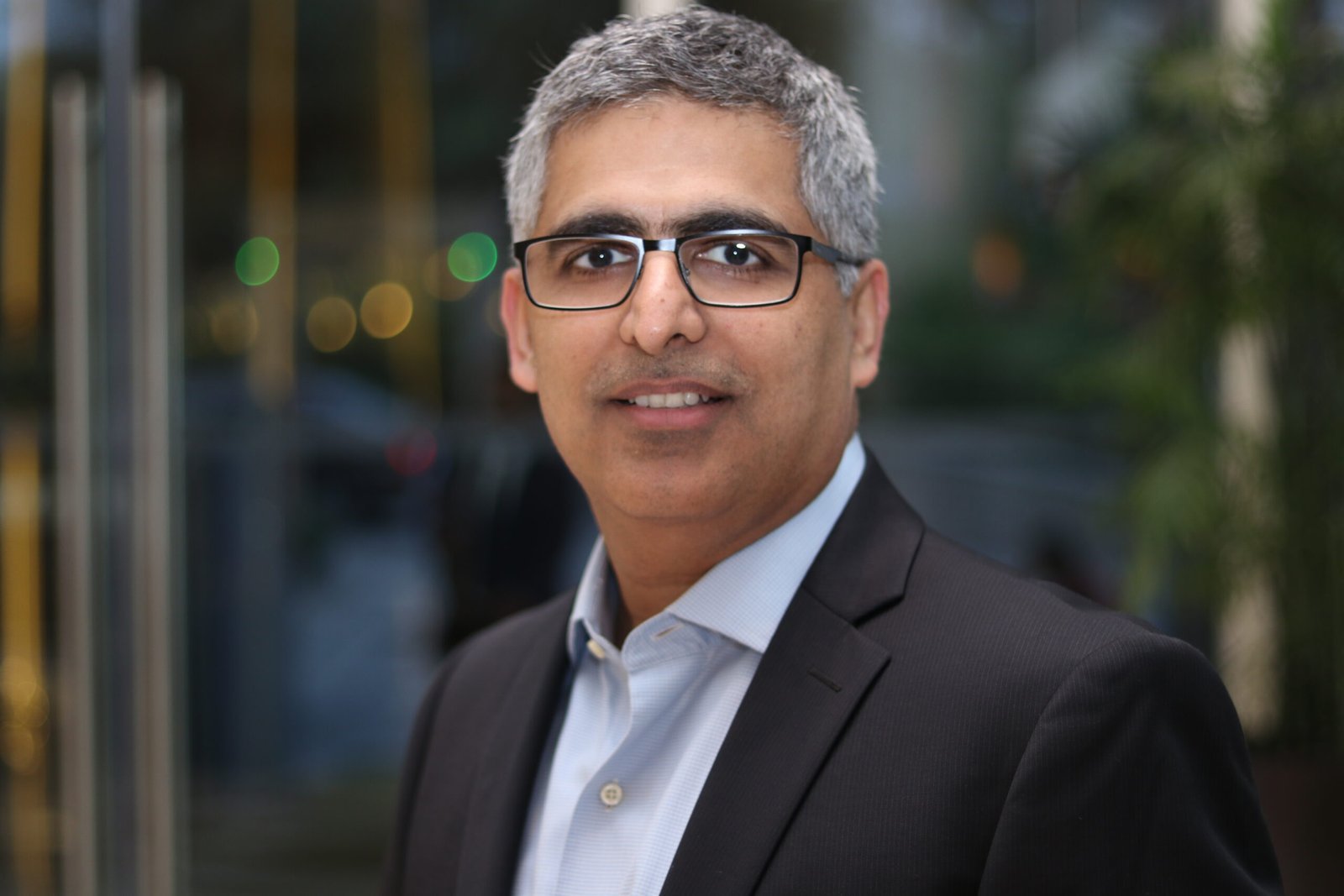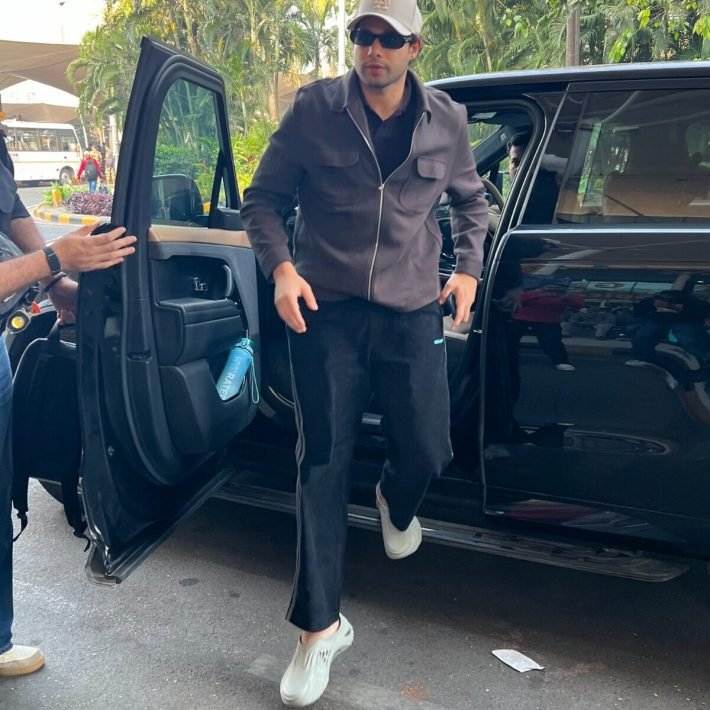Viral Thakker, Partner and Leader – Sustainability & Climate at Deloitte South Asia
When sustainability became more than a buzzword and evolved into boardroom strategy, investor mandate, and survival imperative… the dynamic Viral Thakker was already ahead of the curve, blueprint in hand. As Partner and Leader – Sustainability & Climate at Deloitte South Asia, Viral isn’t just riding the green wave; he’s shaping its direction, velocity, and purpose.
With a razor-sharp mind for decarbonisation, climate resilience, and ESG strategy, Viral is the quiet storm powering a continent’s climate transition. Under his guidance, Deloitte has helped industries pivot from pollution-heavy pasts to low-carbon futures, whether through hydrogen and biofuel roadmaps, circular supply chains, or systems thinking that lifts both planet and people.
But this isn’t just about megawatts and emissions curves… Viral Thakker is building climate intelligence into the very DNA of how South Asia’s businesses operate, transforming legacy sectors, influencing public policy, and unlocking sustainable capital at scale. From managing India’s first crop residue circularity program to catalyzing Sustainable Aviation Fuel adoption, he has proven that climate leadership isn’t just about bold ambition, it’s about precise execution.
This World Environment Day, TheGlitz salutes Viral Thakker as an Earth Warrior, a changemaker who’s redefining growth, not in tonnes of CO₂, but in climate courage, community impact, and visionary resilience. Where others see risk, he builds opportunity. Where systems stall, he architects reinvention. Indeed, South Asia’s low-carbon renaissance has many voices, but few are as clear, committed, and catalytic as his.
Over To TheGlitz Earth Warrior Viral Thakker, Partner and Leader – Sustainability and Climate, Deloitte South Asia

Sustainability is evolving from a compliance requirement to a core business strategy. How have you seen this shift take shape across South Asia, and what role has Deloitte played in accelerating it?
Yes – that is because sustainability is no longer a compliance requirement. It has evolved into a strategic growth driver for businesses and is rapidly becoming central to their corporate strategy. This is evidenced in South Asia (especially India) where our survey confirmed that 91% of Indian CXOs had increased sustainability focused investments over the previous year, surpassing even the global average of 85% (according to Deloitte’s 2024 CxO Sustainability India report). Climate change now ranks among the top three concerns for business leaders, alongside economic uncertainty and talent retention.
This shift is nudging organizations to focus on building climate resilience, while unlocking new avenues for innovation. These include providing eco-friendly products or services which resonate with climate conscious customers (especially GenZ and Millennials) and revamping business models using technology interventions.
Over the past few decades, Deloitte has been instrumental in helping its clients embrace and accelerate this transformation. We have partnered with enterprises (across sectors) and the government to:-
- Develop decarbonization roadmaps which align with India’s net-zero targets.
- Integrate ESG into their growth strategy, operations, and reporting frameworks.
- Conduct climate risk assessments and scenario planning to future-proof their business models.
- Improve ESG ratings and attract green capital
- Shape public policy and regulatory frameworks that support sustainable growth
- Decarbonization is a major focus for industries today. Can you share how Deloitte is helping clients move from ambition to action, particularly in hard-to-abate sectors?
Hard-to-abate sectors—such as steel, cement, aviation, shipping, and road freight—are critical to India’s economic growth, yet they contribute significantly to greenhouse gas emissions, accounting for nearly 82% of global CO₂-equivalent emissions. At Deloitte, we help clients move from ambition to action by developing sector-specific decarbonization pathways grounded in rigorous analysis, proven technologies, and practical levers for change.
Our approach spans the full decarbonization journey — from emissions baselining and roadmap development to the adoption of green electricity, green hydrogen, and circularity strategies in alignment with ESG regulatory frameworks.
We have supported various companies on their sustainability initiatives; helping to co-develop hydrogen and biofuel roadmaps with energy and chemicals clients as well as managing solar and waste-to-energy projects for utilities and public agencies. In response to rapid urbanization, we are also helping construction sector clients adopt green steel, low-carbon cement, and carbon capture technologies to reduce embodied emissions, prevalent in infrastructure related sectors.
Deloitte is also facilitating industrial decarbonization hubs—bringing together manufacturers, utilities, logistics providers, and policymakers to co-invest in shared infrastructure like renewable energy, hydrogen corridors, and carbon capture networks. We also work closely with financial institutions to unlock green capital for our clients, helping them access sustainability-linked loans within India’s evolving climate finance landscape.

Climate risk is now a boardroom conversation. How are you supporting organizations in integrating climate resilience into financial, operational, and governance frameworks?
Deloitte recognizes that climate risk is no longer a peripheral issue—it is a strategic priority that demands board-level attention. As climate-related disruptions intensify, we are helping organizations embed climate resilience into the core of their financial, operational, and governance processes through structured and multi-dimensional solutions.
For example, Deloitte’s Sustainable Value Map (SVM) framework helps organizations to deploy a multi-stakeholder view while integrating environmental risks and societal pressures into capital budgeting, scenario planning, and decision-making processes. Using this framework, our clients are encouraged to assess investment proposals not only through the cost v/s benefit lens, but also gauge the value generated for their employees, society, and the environment.
Thus, expanding traditional financial metrics to include value outcomes for non-shareholder stakeholders enables organizations to better manage key resources, track societal and environmental impacts, and proactively identify risks. We also help organizations to solidify their operations by re-architecting supply chains, collaborating with suppliers to drive innovations which protect against climate-related disruptions.
Furthermore, our Five Steps to Climate Resilience framework provides practical guidelines for organizations to define their climate aspirations, develop implementation strategies, align governance models and establish transparent monitoring systems which are the foundation for a climate resilient enterprise.

South Asia is uniquely vulnerable to climate change. What solutions or innovations are proving most effective in building adaptive, inclusive, and low-carbon systems here?
South Asia frequently faces complex climate related challenges – …from intensifying heat waves, cyclones and droughts to floods that threaten livelihoods, businesses, and communities. Hence, climate action needs to be designed in a way which adapts to local realities, includes all stakeholders, and aligns with long-term decarbonization goals. At Deloitte, we are cognizant of these factors, guiding us to provide socially inclusive solutions which bring tangible benefit at grass-root level.
A great example is Deloitte’s Crop Residue Management (CRM) program, implemented across Haryana and Punjab. This initiative strengthened the resilience of our farmer community while addressing a major source of air pollution in North India. It helped achieve up to 70% reduction in stubble burning (or 5.2 lakh tonnes of stubble) across select districts, a 9.8 lakh tonne decrease in CO₂ emissions, and an INR 118.5 crore increase in farmer incomes.
This was possible by enabling farmers to access to shared equipment, promoting sustainable agricultural practices, and creating clean energy value chains that helped turn agricultural waste into economic opportunity, clearly demonstrating that inclusive, low-carbon solutions can deliver both environmental and social dividends.
Building on this systems approach, Deloitte has also developed a first-of-its-kind view of India’s feedstock potential to support the expansion of the Sustainable Aviation Fuel (SAF) ecosystem. This solution aims to decarbonize hard-to-abate sectors like aviation and is being driven through strategic collaboration with policymakers, industry bodies, and investors — making SAF adoption a viable, near-term lever for reducing emissions and accelerating the transition to low-carbon transportation.
Given the rise of AI models and the spike in energy consumption that comes with it, there is an urgent need for solutions which can help curtail these emissions. Deloitte’s Enterprise Code Consciousness (ECC) solution was thus conceptualized to reduce carbon footprint from applications & websites by embedding green software principles – helping organizations to scale technology while maintaining a low-carbon system.

You work across diverse industries, from energy to manufacturing and public infrastructure. What common barriers to sustainable transformation do you encounter, and how are they being addressed?
Sustainable transformation in India is gaining momentum; however, it is not without its challenges. This provides an opportunity for us to partner with our clients to not only identify such challenges before-hand, but also mitigate them with strategic and data driven approaches.
One such challenge is data inconsistency and trust deficit in sustainability reporting. One of our studies revealed that 73% of Indian investors cite inconsistent ESG rating data, 71% highlight cost constraints integrating ESG data, and 70% point to a lack of measurable outcomes in corporate disclosures. This undermines investor confidence and limits effective ESG investments.
Another significant barrier lies in governance and leadership. Despite growing climate awareness as reported in Deloitte’s The Chair of the Future report, board of directors may lack the deep expertise needed to navigate the India’s expansive and evolving ESG landscape. Deloitte’s 2024 CXO Report (India insights) further shows that only 50% of CxOs link leadership compensation to sustainability goals, even though 78% expect climate change to significantly impact company strategy. This reflects a broader gap between intention and execution; not just in governance, but across the ecosystem.
Internally, companies also face difficulties securing cross-departmental buy-in and measuring impact. However, there is hope as our report revealed that ~49% of Indian CXOs are leveraging technology to create climate-friendly products, and about 62% prioritize climate equity and just transitions by engaging local communities and preparing workers for green jobs. Advanced data tools, strengthened leadership commitment, and integrated governance are critical to overcoming these barriers and unlocking sustainable growth.
Looking ahead, what is your vision for Deloitte’s impact on climate action in the region over the next 5–10 years and what gives you hope in this journey?
Over the next 5–10 years, Deloitte India envisions becoming a key enabler of South Asia’s transition to a low-carbon, climate-resilient economy. With India alone standing to unlock significant economic value by leading on climate action, the next few decades are going to be crucial. If we act decisively, South Asia can emerge not just as a climate-resilient region but as a global hub for green innovation and low-carbon transition.
Deloitte aims to play an enabling role in this transformation – partnering with governments design bold climate strategies, guiding businesses through low-carbon transitions, and enabling companies to leverage green solutions at scale. Our efforts are anchored in our WorldClimate strategy and net-zero commitments where Deloitte leads by example – 100% of our energy is purchased from renewable sources and 99% reduction in Scope 1 & 2 GHG emissions was achieved against 2019 baseline year.
What gives me hope is the pace of change we’re witnessing. Across the world, climate action is no longer confined to CSR; it is being hardwired into core business models, capital decisions, and innovation pipelines. The convergence of technology, youth leadership, and policy ambition is reshaping what’s possible. I believe our action now would be a blueprint for long-term growth, resilience, and equity.













